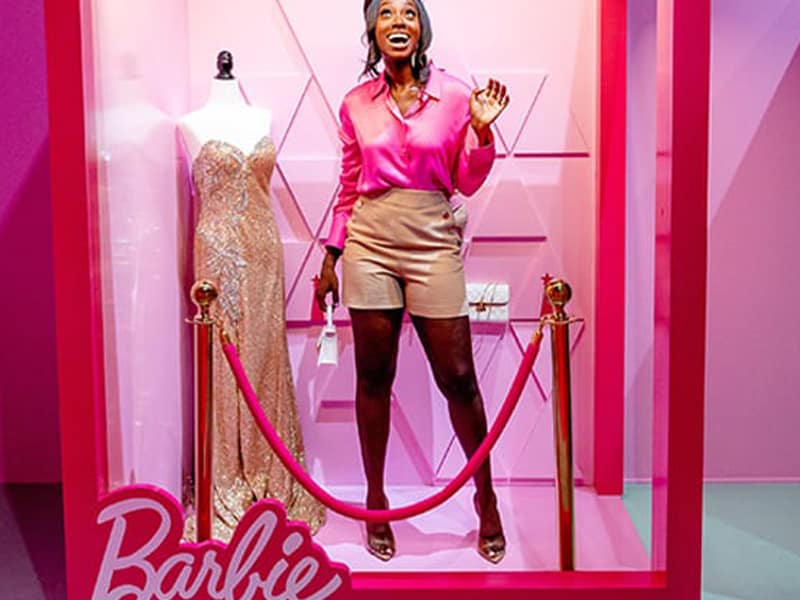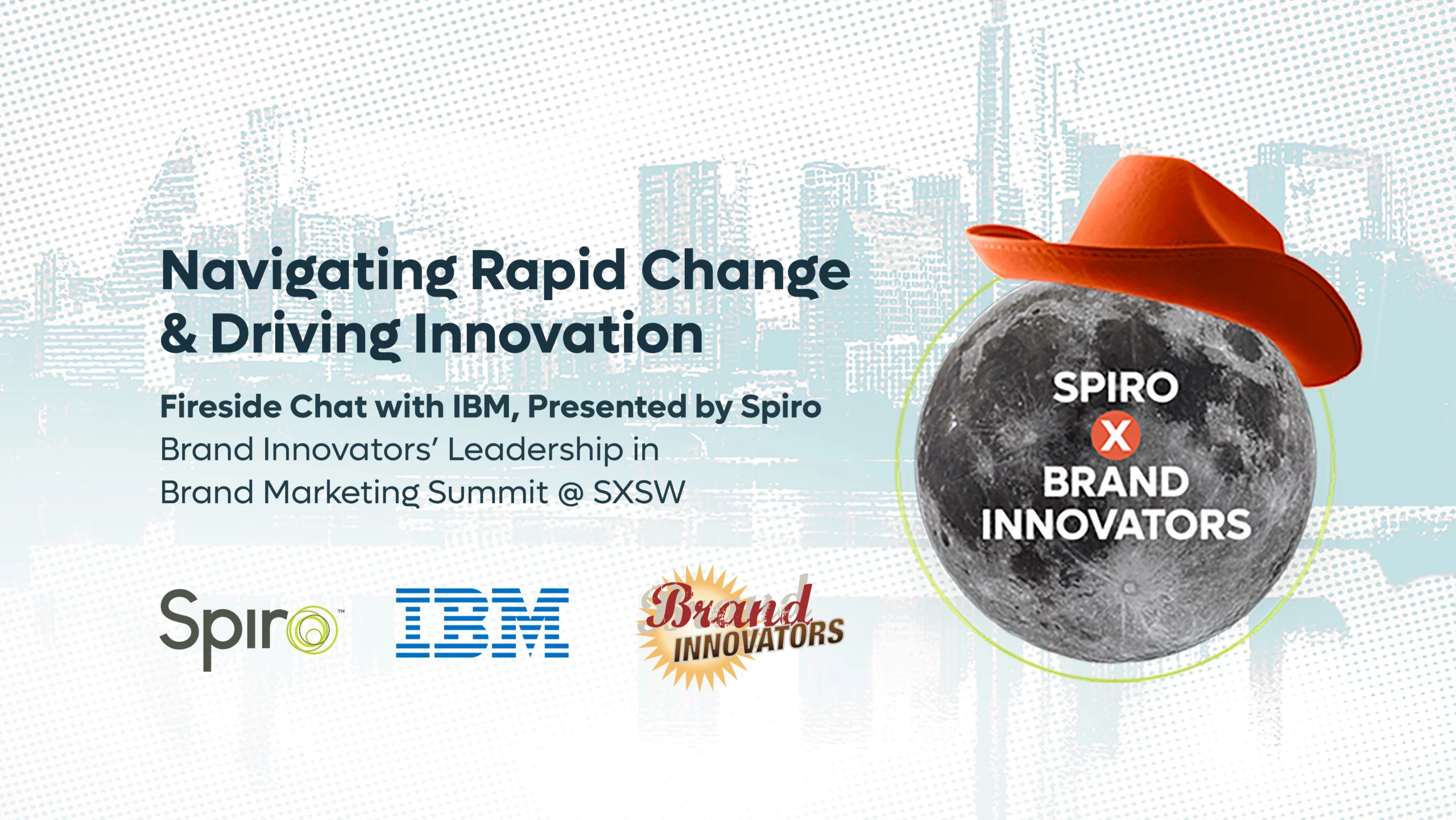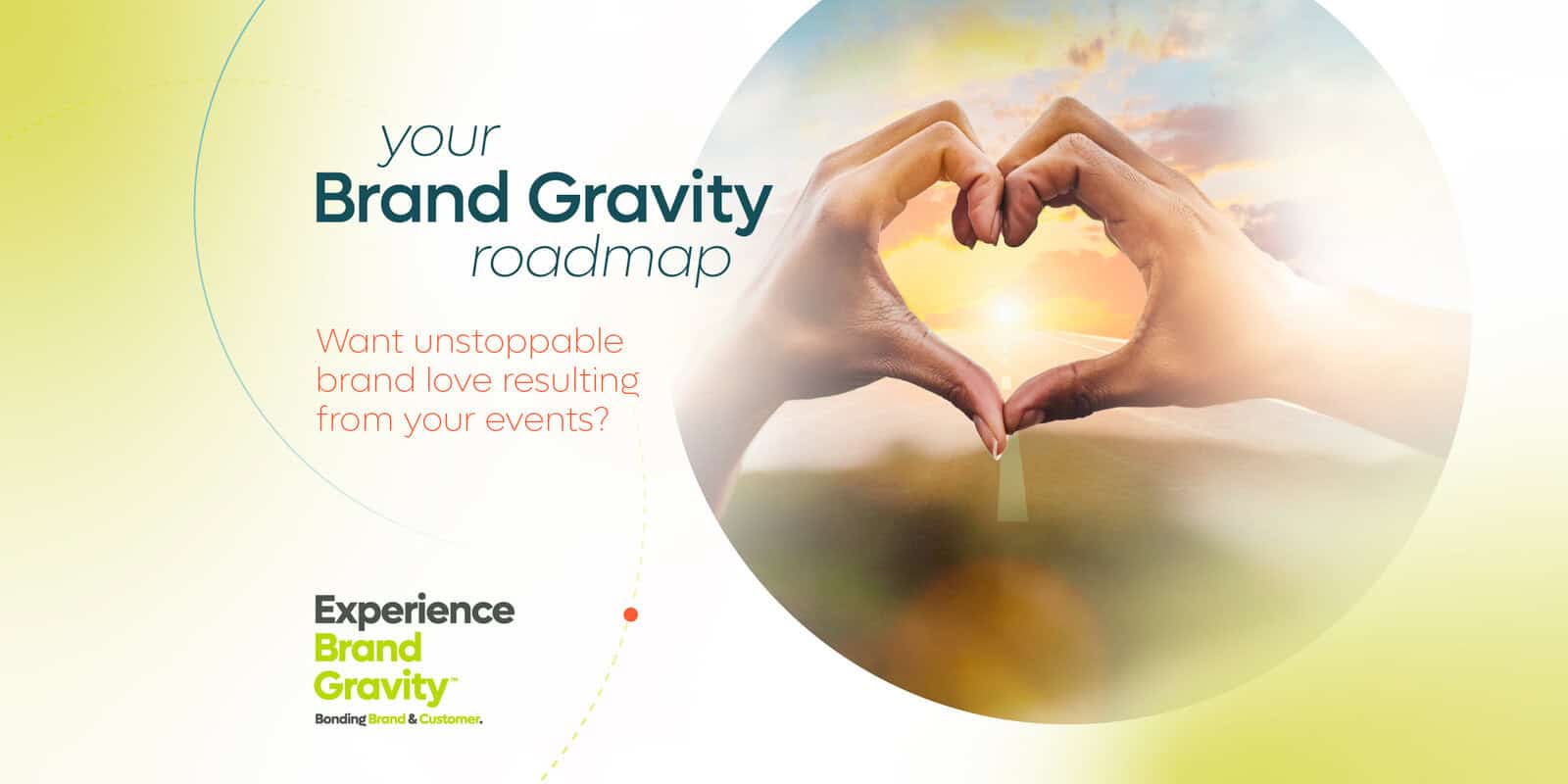The historic Wimbledon tournament celebrates its 137th staging this year.
With that history comes pomp & circumstance—from the Pimm’s flower wall to the bevy of celebrity sightings to the taste of fresh strawberries grown specifically for Wimbledon’s iconic dish.
People come from all over the world to experience Wimbledon in person. Last year’s Championships set a new record as more than 531,000 fans walked through the gates—and digital coverage also broke records, racking up 54.3 million streams across the BBC’s app & website.
And that’s even before you get to the courts: Where legends are made. Heroes emerge. And fans experience euphoric highs & crushing lows alongside their beloved athletes, shot by shot.
Wimbledon’s 2024 theme—Always Like Never Before—is one that deeply resonates with us. This sentiment is what experiential agencies strive for in our arena.
The theme tantalizes tennis fans with a promise, whether it’s their first or 50th tournament: A chance to fall back in love with tennis all over again. To feel the joy & exhilaration of roaring alongside fellow fans. To feel the pulse of the tournament’s history & heritage with every serve & volley.
Wimbledon promises fans that every time they cheer, weep & embrace a stranger as a friend, they transform from a spectator into to part of The Championship’s generational saga.
So, what if the experiential arena could offer its fans (customers) that very same passion? What if your brand could use experiential to offer the same promise to your core customers at your next event?
Imagine the opportunities if you could use sports fans’ insights to tap into frenzied passion, regardless of the fandom—to use your events to turn your casual consumers into brand fans!
What if you could craft experiences that honor your brand’s legacy & amaze your fans with a breathtaking new experience—every single time?
Fans are more passionate & engaged than your average casual consumer, so they’re primed for relationship bonds & brand loyalty. And self-described fans say their favorite brands excel at:
- Providing fun
- Helping them discover new things
- Creating memories/giving them memorable experiences
- Offering opportunities for them to express themselves
- Facilitating connections
Each of these components is contained within the fabric of events & experiences.
To put it another way: Consumers who identify as fans have higher potential value to your brand—and if you can tap into that passion via your live events & experiences, you can turn fandom into brandom.
Honor your brand’s legacy, amaze your fans
Wimbledon’s record viewership & passionate fans tempt brands with massive reach & engagement opportunities. Yet…
Wimbledon keeps its courts & grounds relatively free from brand sponsor messaging, even expressly forbids ambush marketing. The strict guidelines serve to “enhance the unique character and image of The Championships.”
Wimbledon honors its brand legacy by developing “long-term mutually beneficial” partnerships that naturally enhance fans’ experiences.
Wimbledon also amazes its attendees with rich, emotional interactions—both on & off the courts—in ways that delight across audience segments:
- A dedicated tennis fan who watches each match,
- A casual fan caught up in Wimbledon’s excitement, or
- A social fan diving into the culture & prestige of The Championships.
How—and why—do these points connect to help you? Key takeaways are:
- HEIGHTEN EMOTIONAL MOMENTS Impactful experiential doesn’t interrupt fans’ experience—it enhances it, increasing emotion for the ultimate brand/fan bond.
- FOSTER AUTHENTIC ENGAGEMENT & BRAND COMMUNITY Experiential events can spark organic brand/customer connections—and you can nurture these connections to transform casual customers into fans. The secret? Listen to your advocates, don’t lead them.
Experiential to enhance, not interrupt sports’ magic
Sports have the power to shape our sense of self and alter our emotional connections. It’s no wonder brands invest heavily in sports marketing.
Psychological studies have highlighted the relationship between sports & intense emotions. They’ve revealed that when fans’ team or player wins, it activates their brain’s reward system, increases self-esteem, and sparks feelings of status, pride & prestige.
Conversely, losing can lead to disappointment or devastation—taking some fans to an introspective state to lessen the pain of the loss. The more high-stakes the competition, the more intense fans’ emotions are.
Kinesiology professor Adam Berg said sports pull at our emotions because we identify with & through teams or athletes. Our sense of self is partially constructed through sporting events. With something that profound, it makes sense that the emotions fans feel during competition have the power to form strong emotional bonds.
More than 75% of consumers rated their sports fandom a seven or higher on a 10-point scale. That’s why today’s brands want to get involved, when their core customers’ emotions are already high.
Live sporting events are the favorite format for 71% of overall fans & 58% of Gen Z & millennial fans. That’s not just because they want to cheer or commiserate with other fans—it’s also because live events & experiences are the new center of truth in the age of AI deep fakes & fake news.
That’s good news for you! It positions your live brand experience to overcome your customers’ Belief Gap—their need to see it to believe it in today’s increasingly digital world. And it boosts trust while overcoming their Belief Gap, creating a brand/customer bond in the process.
Yet, sports fans show up—whether in-person or digitally—for the passion & love of the game, their teams & their athletes. They don’t want your brand to be involved unless it’s going to give them a better experience.
To put it another way: Impactful experiential doesn’t interrupt fans’ experience—it enhances it, increasing emotion for the ultimate brand/fan bond.
Enhancing fan experiences doesn’t mean you have to reinvent the wheel, either: Almost 75% of leaders within the sports industry said gamification would attract younger fans, and 61% say gamification fosters an interactive viewership experience during sporting events.
And that’s why Wimbledon partners with IBM, using its AI to co-create a personalized experience for fans that uses data analytics to deliver relevant insights & players’ likelihood of victory to fans in-person & digitally.
It’s also why, starting in 2022, the tournament has partnered with Roblox to engage younger fans & provide another interactive experience.
Experiential marketing lessons learned OFF the court
Fandom isn’t just about sports, either:
Fans create communities around anything from movie & TV franchises to celebrities & content creators, video games, and tech. And 73% of U.S. adults consider themselves a superfan of at least one brand.
What’s more:
- 85% of brand fans talk to others about the brand and its products/services.
- 54% want everyone to know they’re a fan.
That’s why brands such as Mattel have tapped into the power of fandom to create live experiences that give their customers opportunities to celebrate what they love—resulting in immense brand growth & “Barbie’s” record-breaking streak at the box office.
Fans’ passion & emotions—whether sports, movies, characters, video games, music or brands—are enhanced by the comradery & community of that fandom.
79% of brand superfans say they identify with other fans, and nearly 79% discovered their fan passion through family, friends, celebrities or public figures—showing that even entrance into a fandom is community-driven.
For 70% of today’s self-identified fans, fandoms are part of their everyday lives—with 64% considering their fandom as a defining part of their identity. And it’s cool to admit, too (which leads to brand advocacy):
- 63% are proud to be a fan.
- 71% say being a fan is cool.
Imagine how much more powerful your next event or experience can be by using experiential to heighten the magic, emotion & passion that today’s consumers crave. That’s how you can turn casual customers into brand fans.
Moreover, by tapping into fandoms, where passion & emotion are already high—and customers are primed to engage—you use audience insights & feedback to strengthen your brand via your fandom support & association.
A few ideas for putting this into action:
Give your fans access to their favorite characters, celebrities or public figures at your next event. Enhance existing fan experiences with experiential sponsorship activations. Create a space to celebrate & co-create alongside fellow fans. Pinterest’s Manifestival at Cannes Lions Festival of Creativity invited customers to express their inner creativity by getting tattoos on the beach & designing personalized Crocs, jerseys & bags.
Consider the following fan insights from Amazon:
- 63% say that any brand can get involved—as long as they make an effort to understand the fandom.
- 55% are more likely to consider a brand that sponsors content related to their fandom.
However, 54% of fans—and again, that’s music, film, franchise, sports & brand fans—can also tell if a brand is being authentic. So, any attempts to lead instead of listening & organically engaging with fan communities serve to hurt, not help, your brand perception & brand loyalty.
And that’s where the power of events & experiences can again help your brand shine. Your experiences can facilitate the connections that your core customers crave & offer them immersive, emotionally evocative experiences that linger in their hearts & minds.
From there, your brand can nurture the relationships cultivated at your experience through social listening & future touchpoints personalized from customer insights.
And that’s how you can bond your brand & customer more deeply—ultimately transforming your core customer into your brand’s fan through your event & experiences.
The experiential arena is where our drive & passion thrive. We believe in the power of live experiences. Our sport is brand experience—and it’s a sport we train for, obsess over, and continually strive for every experience to be always like never before.
Because we love our sport.
So, what do you think? How does this change your brand’s approach to events & experiences?



